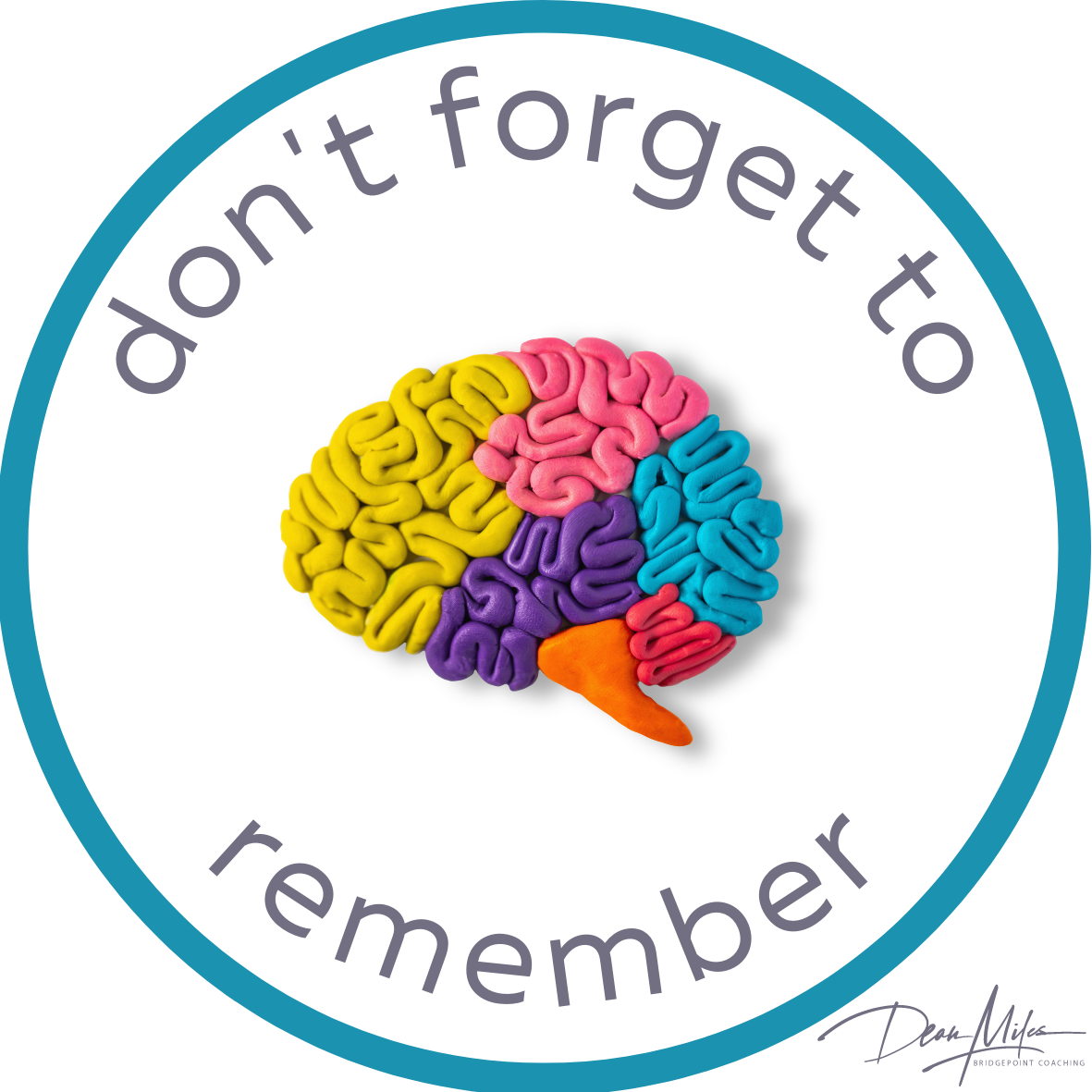May31

Though we often think of forgetting as a failure of the brain, new research suggests that forgetting may actually be a functional feature. According to this theory, forgetting allows the brain to interact dynamically with the environment, discarding information that is no longer useful and making room for new experiences. This theory may help to explain why we often forget details such as names and faces, but can still remember our essential life story. While forgetting may be essential for the brain to function properly, it can also be a problem for leaders who need to remember important facts and figures.
Scott A. Small, a professor of neurology and psychiatry at Columbia University and author of the 2021 book Forgetting: The Benefits of Not Remembering. “The fundamental insight—the eureka, I think, of the new science of forgetting—is that our neurons are endowed with a completely separate set of mechanisms … that are dedicated to active forgetting.”
We’ve known for a while that forgetting is essential to learning; it allows us to consolidate new memories and store them more efficiently. But the mechanisms underlying this process were mysterious. Now, thanks to cutting-edge research, we’re beginning to understand how forgetting happens at the level of individual neurons—and why it might be just as important as remembering.
“If you want to remember something for the long term, a good strategy is to forget it for a little while,” Small says. “It sounds counterintuitive, but it turns out that forgetting is essential for memory consolidation.”
When we first learn something, it is encoded in what scientists call “working memory.” This is a kind of temporary storage system that allows us to keep information in mind for a limited period of time—just long enough to use it. But working memory is fragile, and the information it contains is quickly forgotten unless we do something to move it into longer-term storage.
Our memories are vital to our lives, allowing us to recall past experiences and learn from them. But what is the evolutionary purpose of memory? According to Sheena Josselyn, a senior scientist at the Hospital for Sick Children and a professor of psychology and physiology at the University of Toronto, the purpose of memory is not simply to allow us to reminisce about the past. Instead, it is primarily a tool for helping us make decisions in the present. Our memories provide us with important information that can help us avoid dangerous situations, choose the best mates, and find the most productive hunting grounds. In other words, our memories are essential for helping us survive and thrive. Without them, we would be at a severe disadvantage in the battle for survival.
In today's fast-paced business world, it is more important than ever for leaders to find effective ways to remember key information. By understanding how forgetting works, leaders can take steps to ensure that they remember what is most important.
By Dean Miles
Keywords: Entrepreneurship, Mental Health, Startups
 The Orchestra Needs a Conductor: Why Multi-Model Agents Require H2E Governance
The Orchestra Needs a Conductor: Why Multi-Model Agents Require H2E Governance The Role of Memory in Modern-day Business
The Role of Memory in Modern-day Business The Architectures of Permanence: A Comparative Analysis of the "Big Three" AI Strategies (2026)
The Architectures of Permanence: A Comparative Analysis of the "Big Three" AI Strategies (2026) Friday’s Change Reflection Quote - Leadership of Change - Change Leaders Enable Generational Advancement
Friday’s Change Reflection Quote - Leadership of Change - Change Leaders Enable Generational Advancement The Corix Partners Friday Reading List - February 27, 2026
The Corix Partners Friday Reading List - February 27, 2026